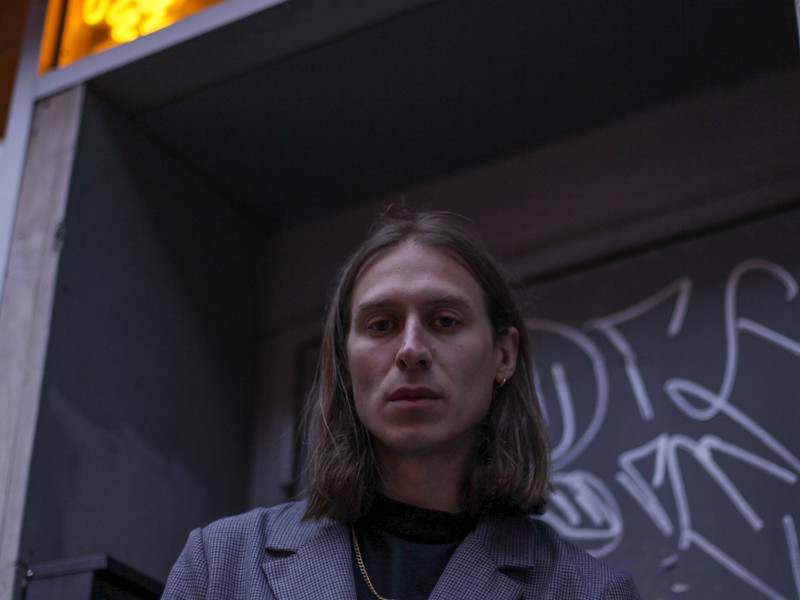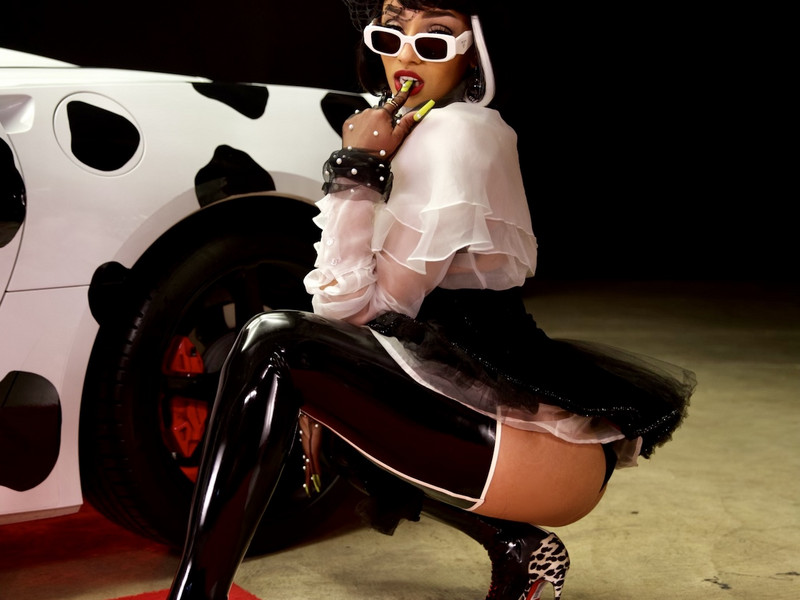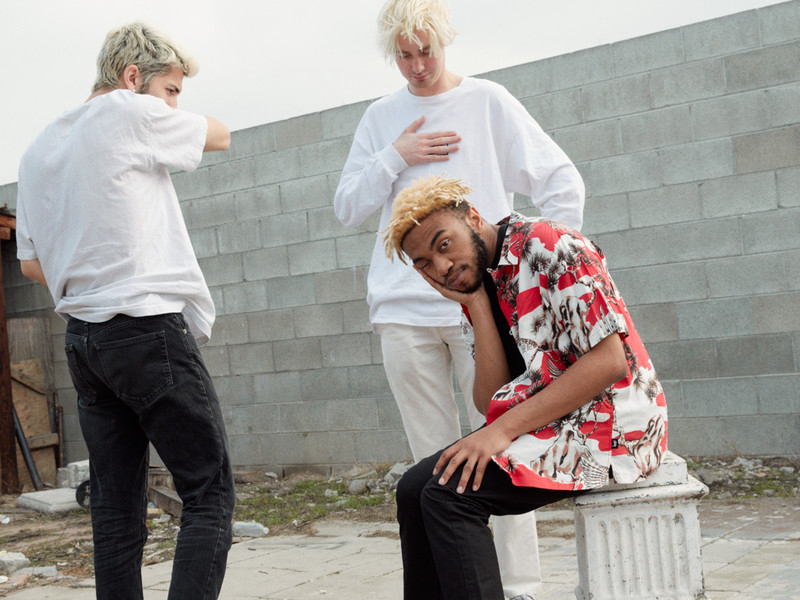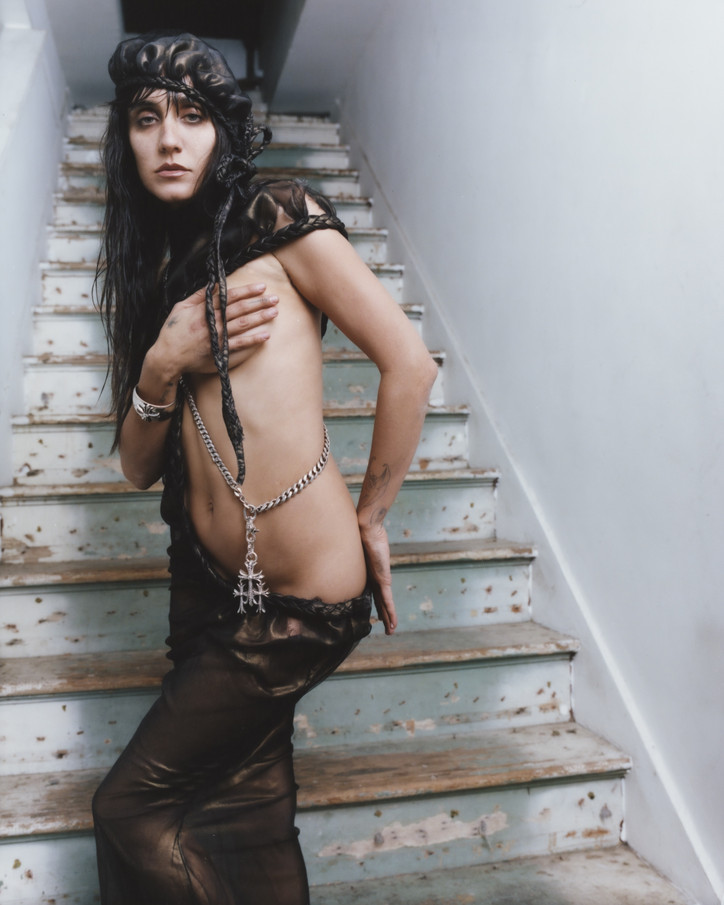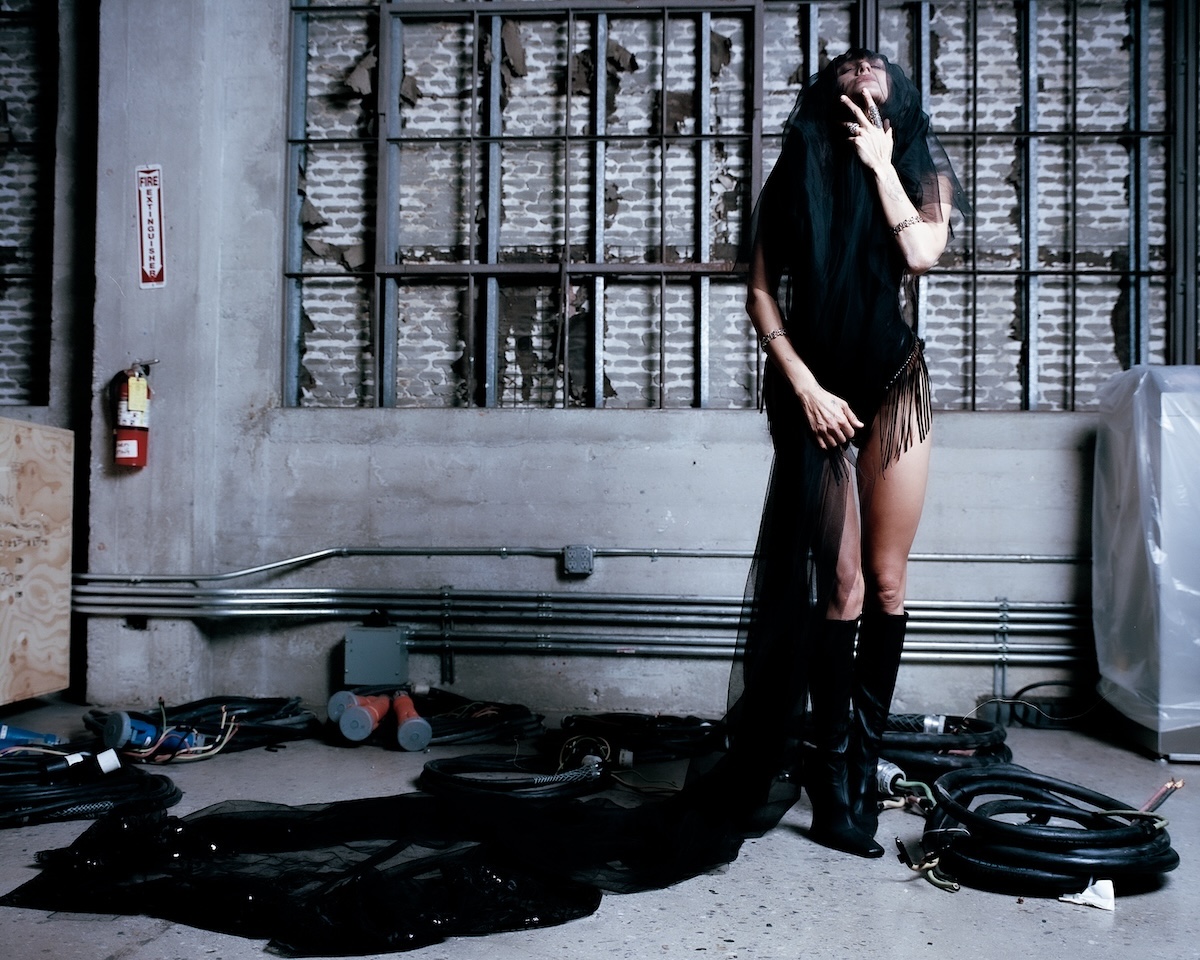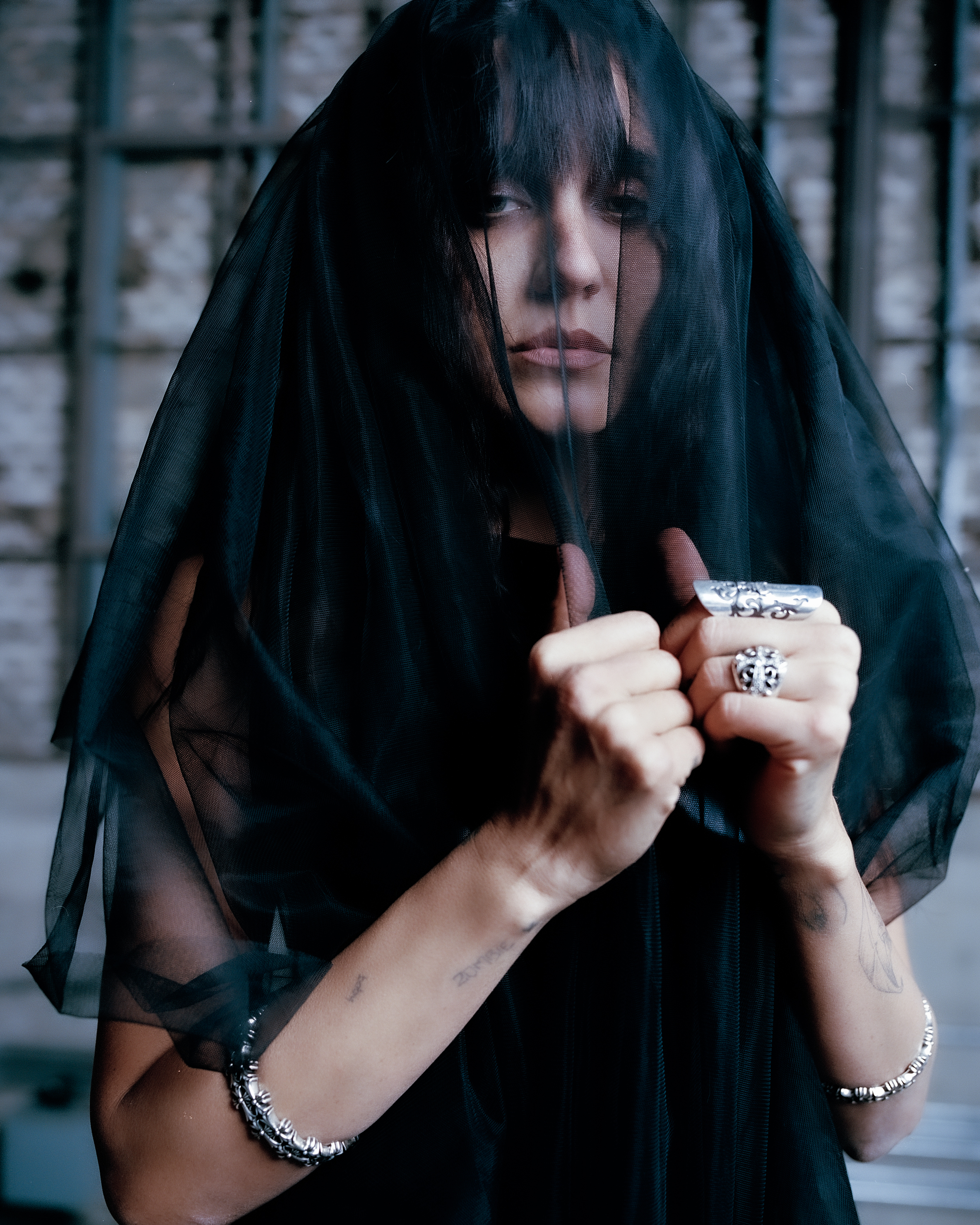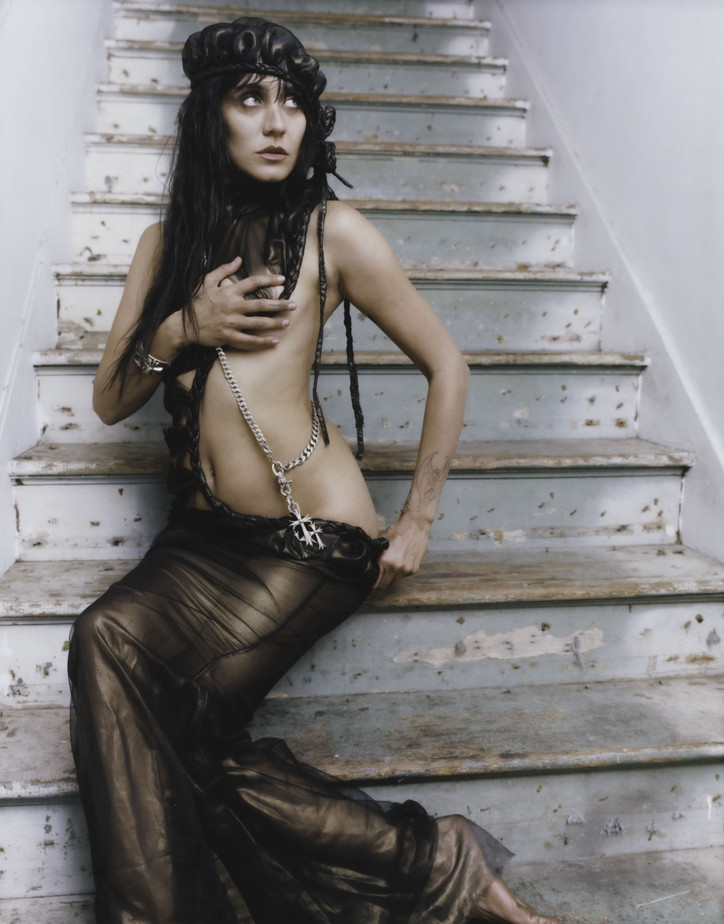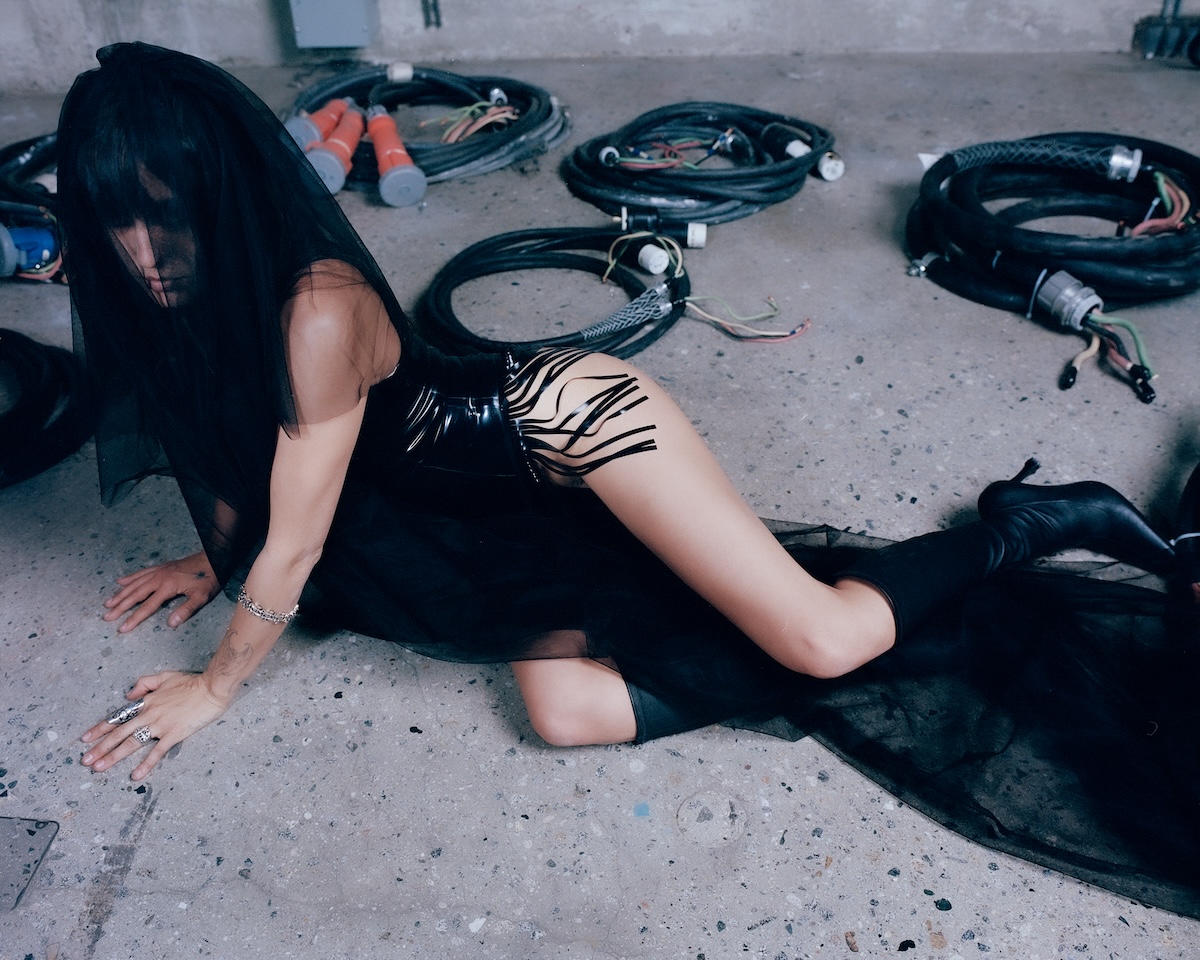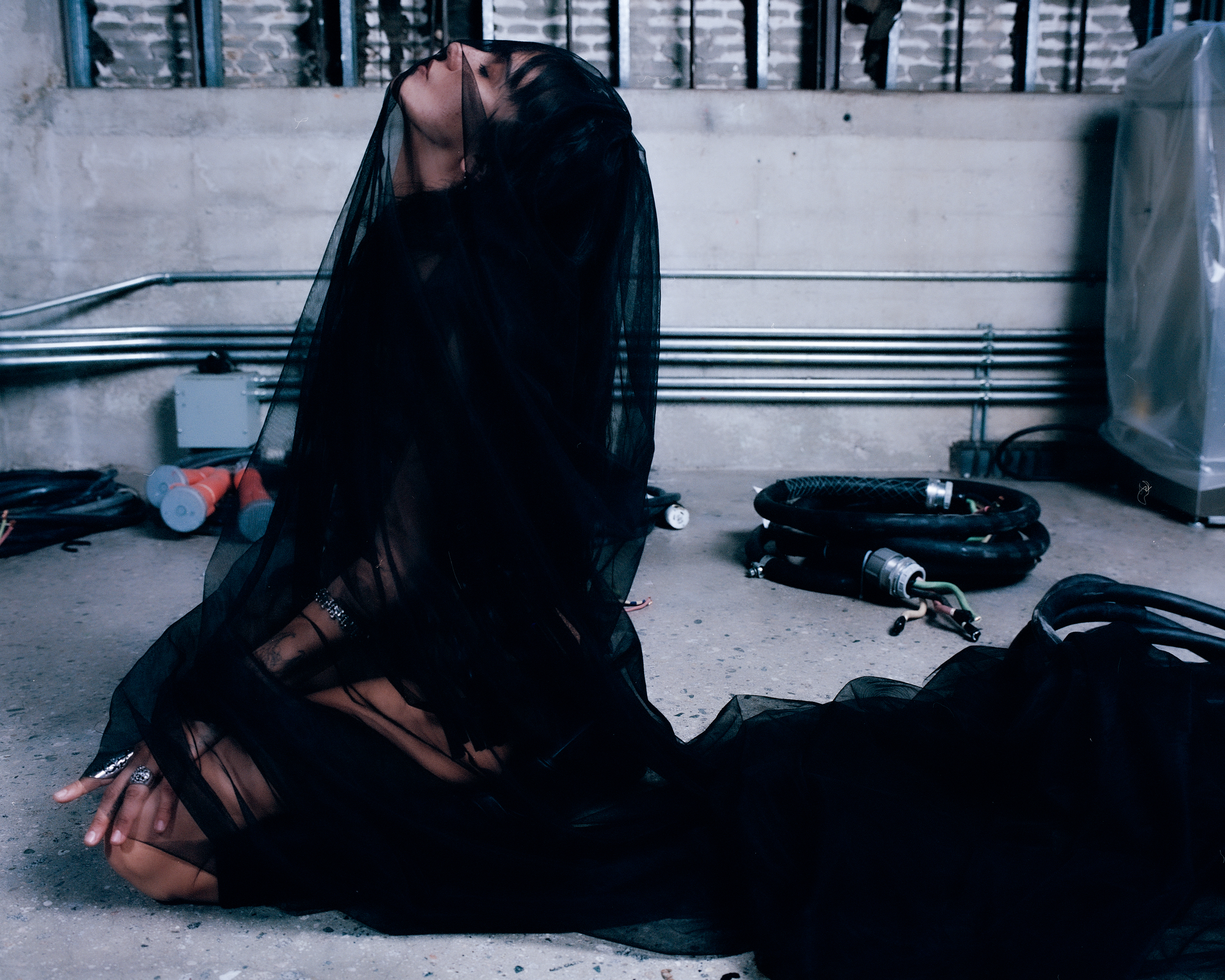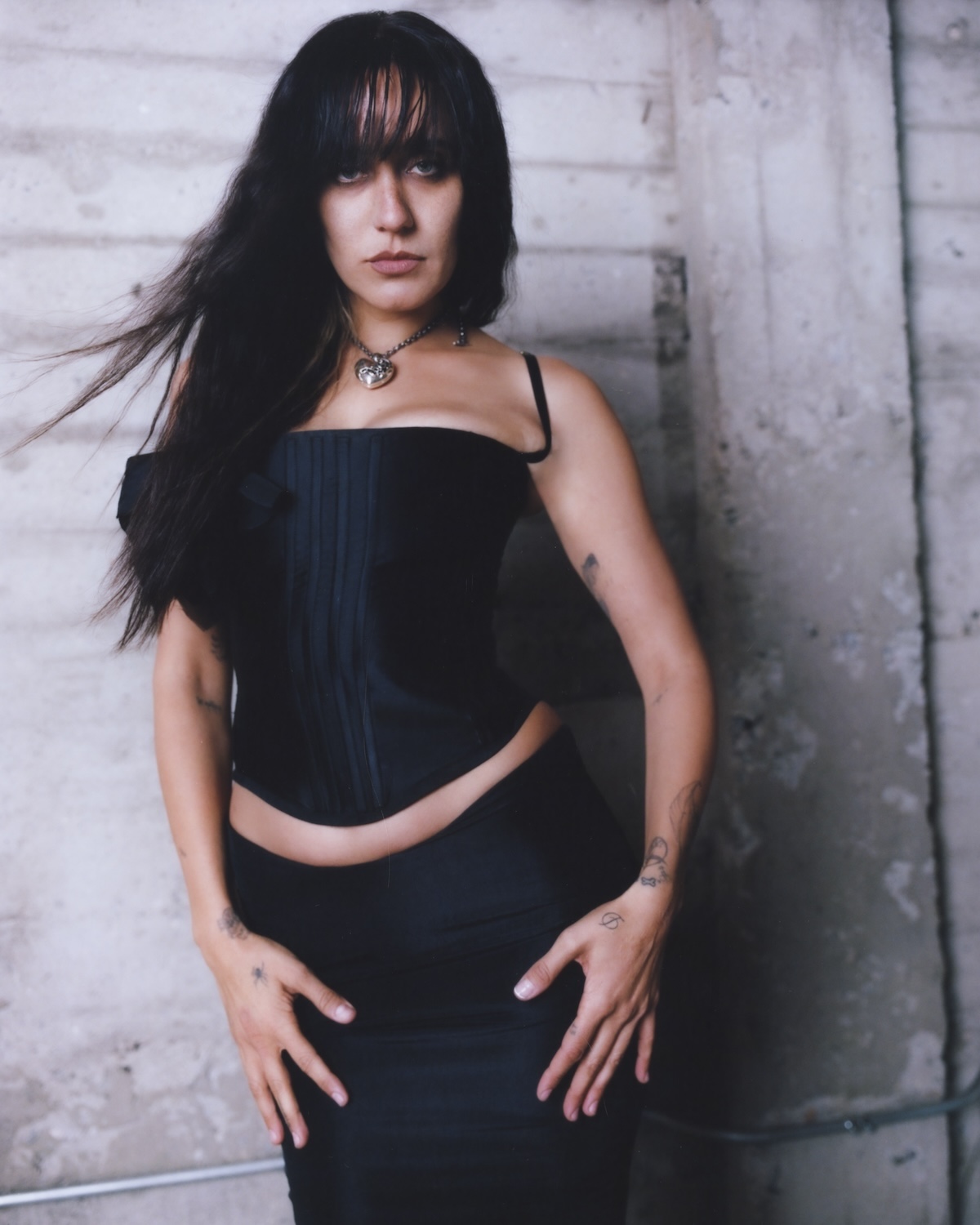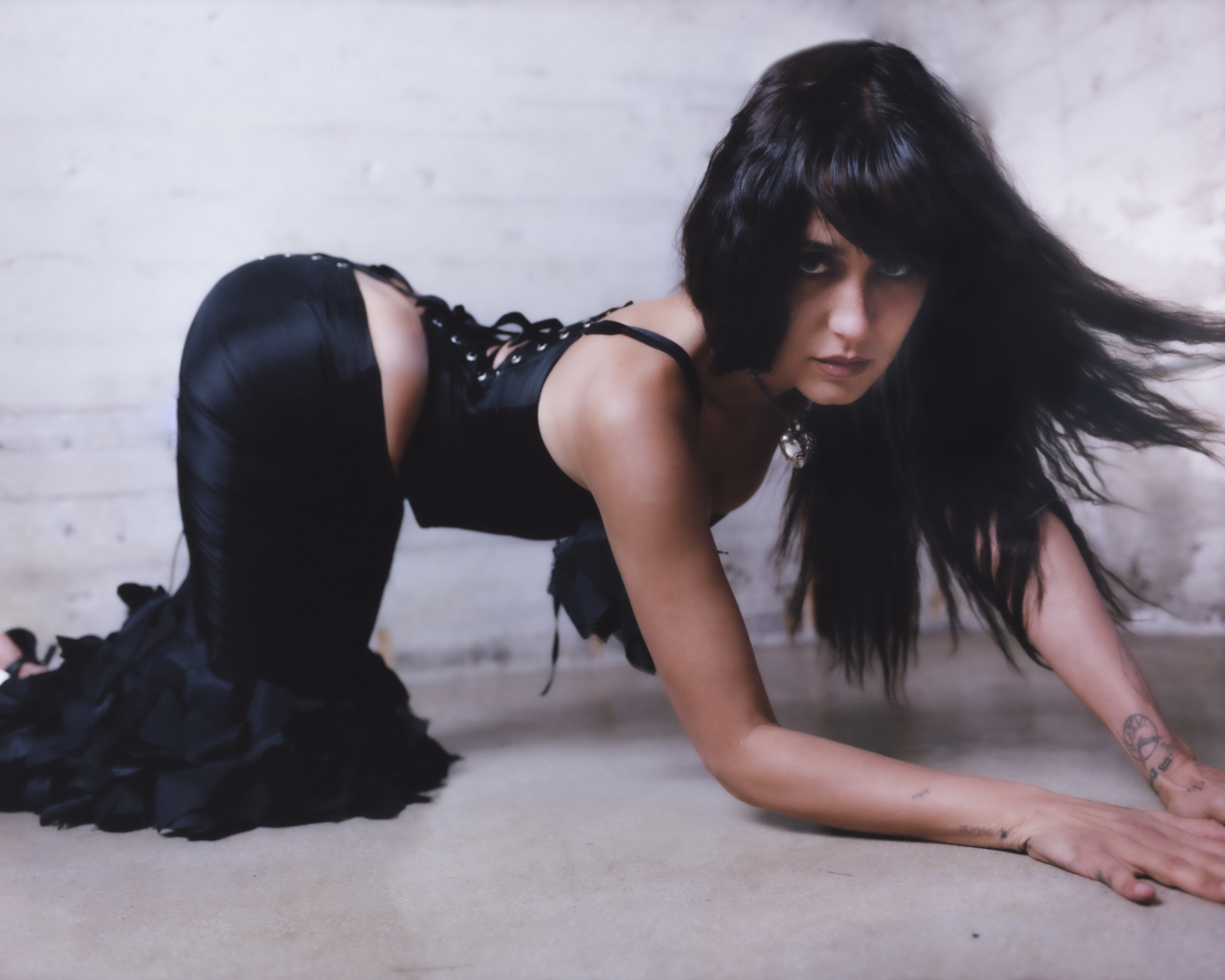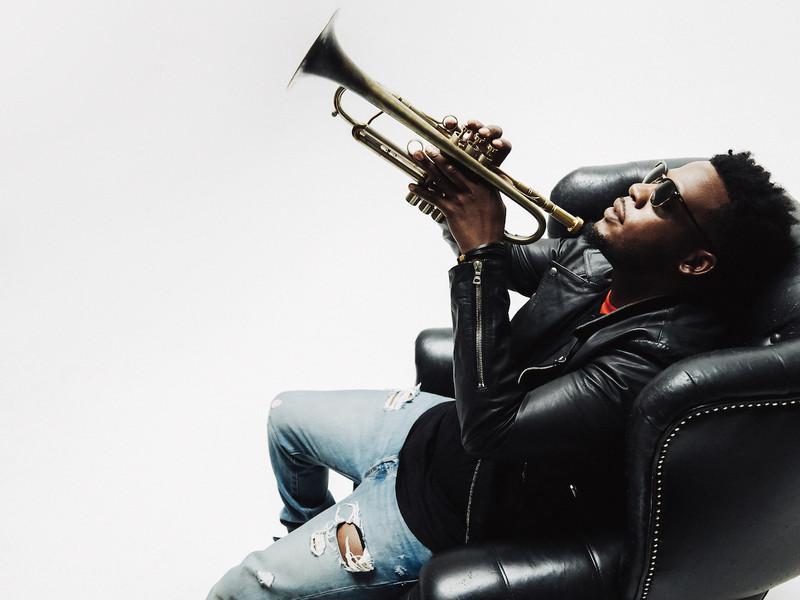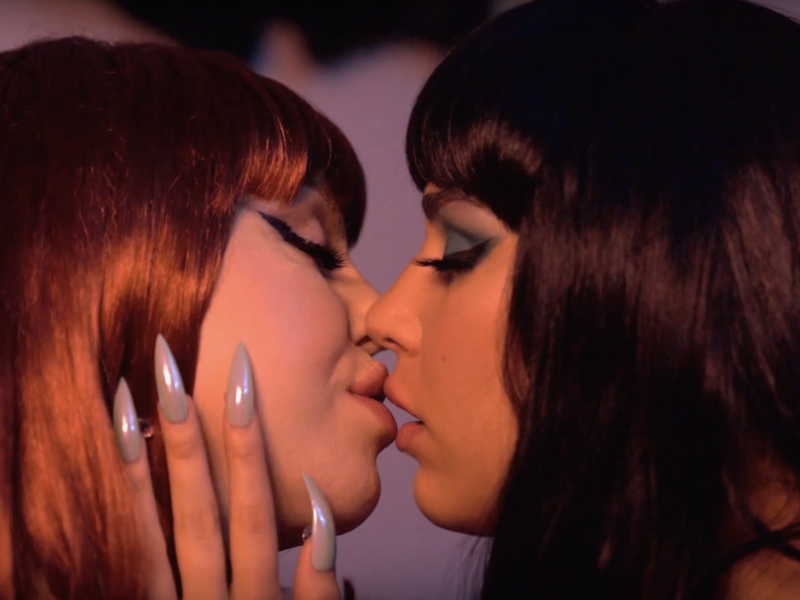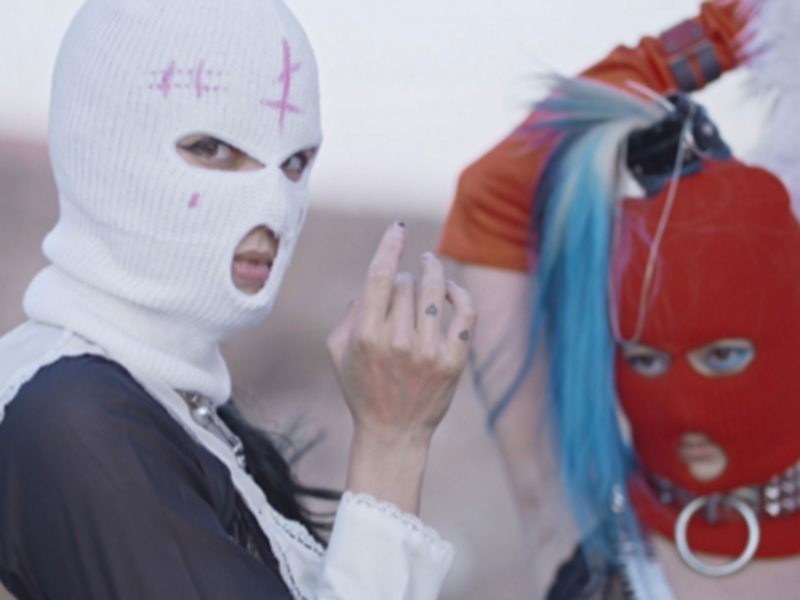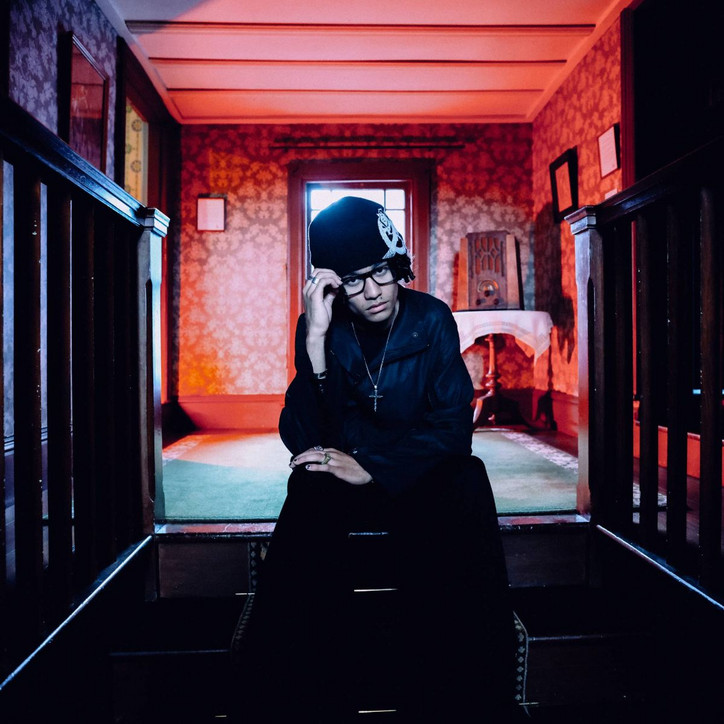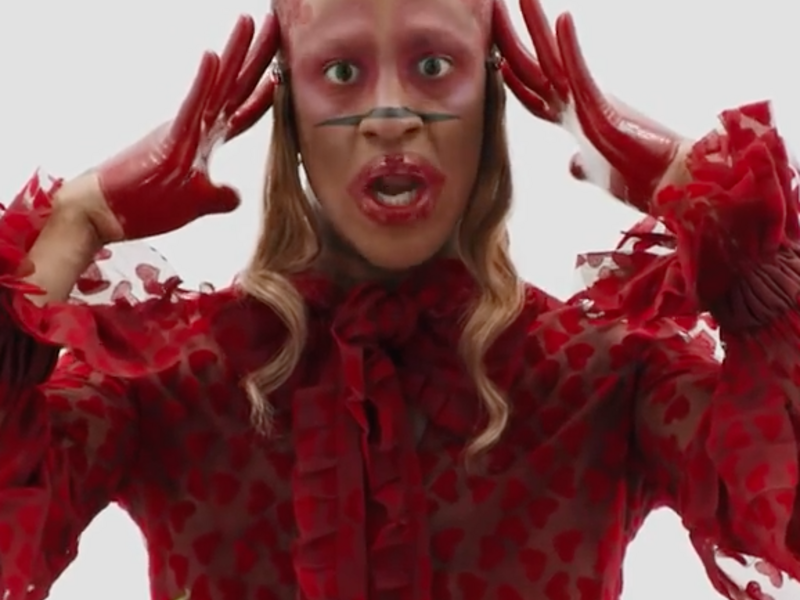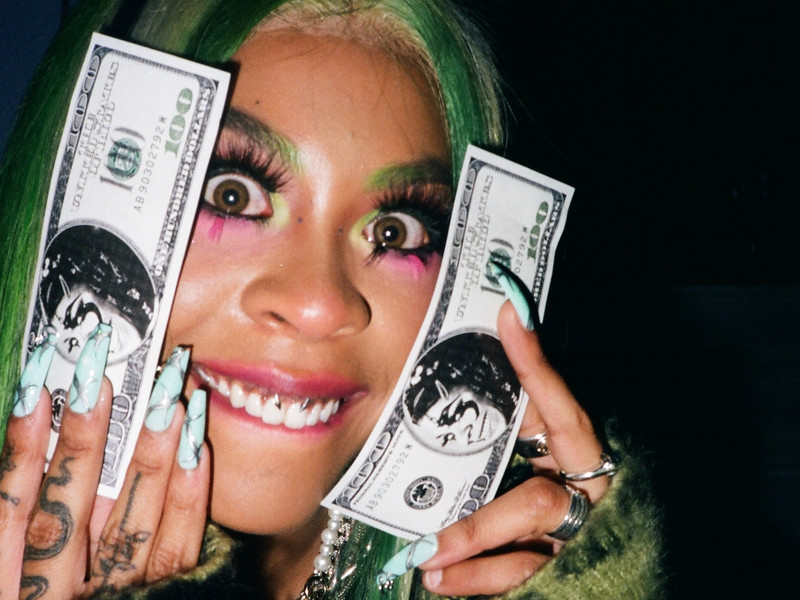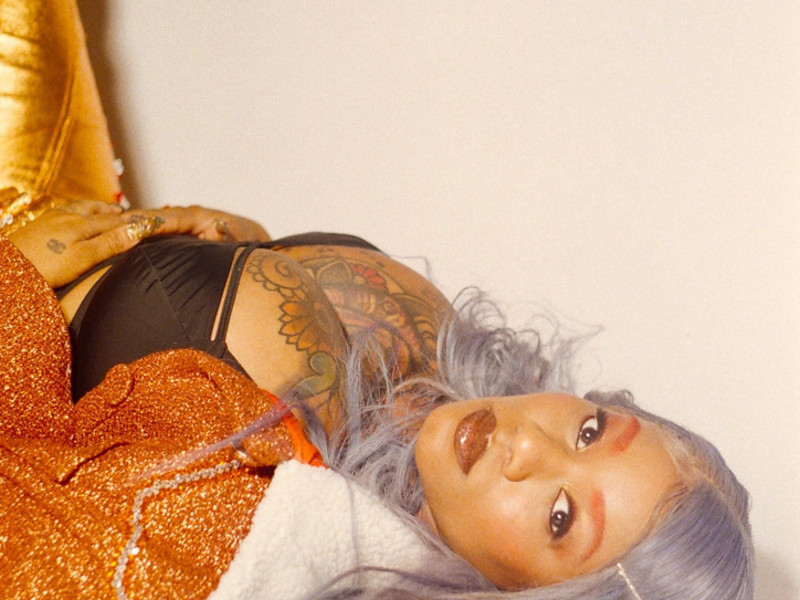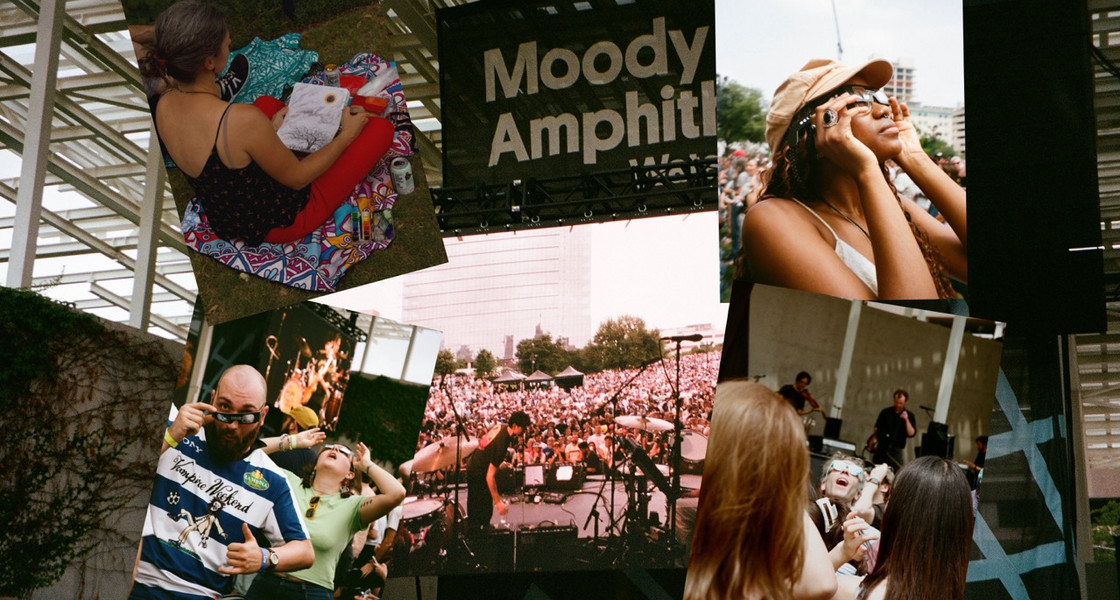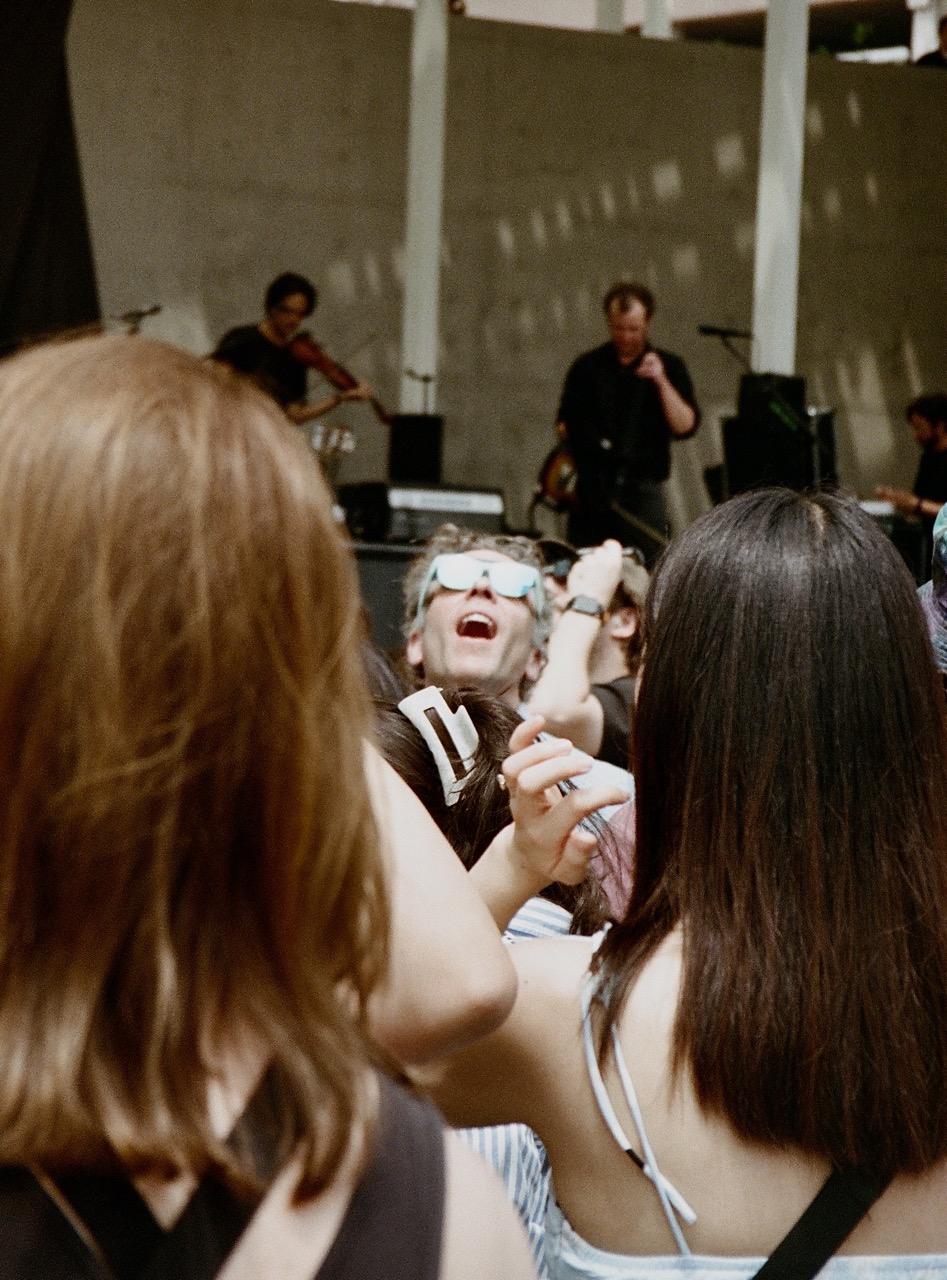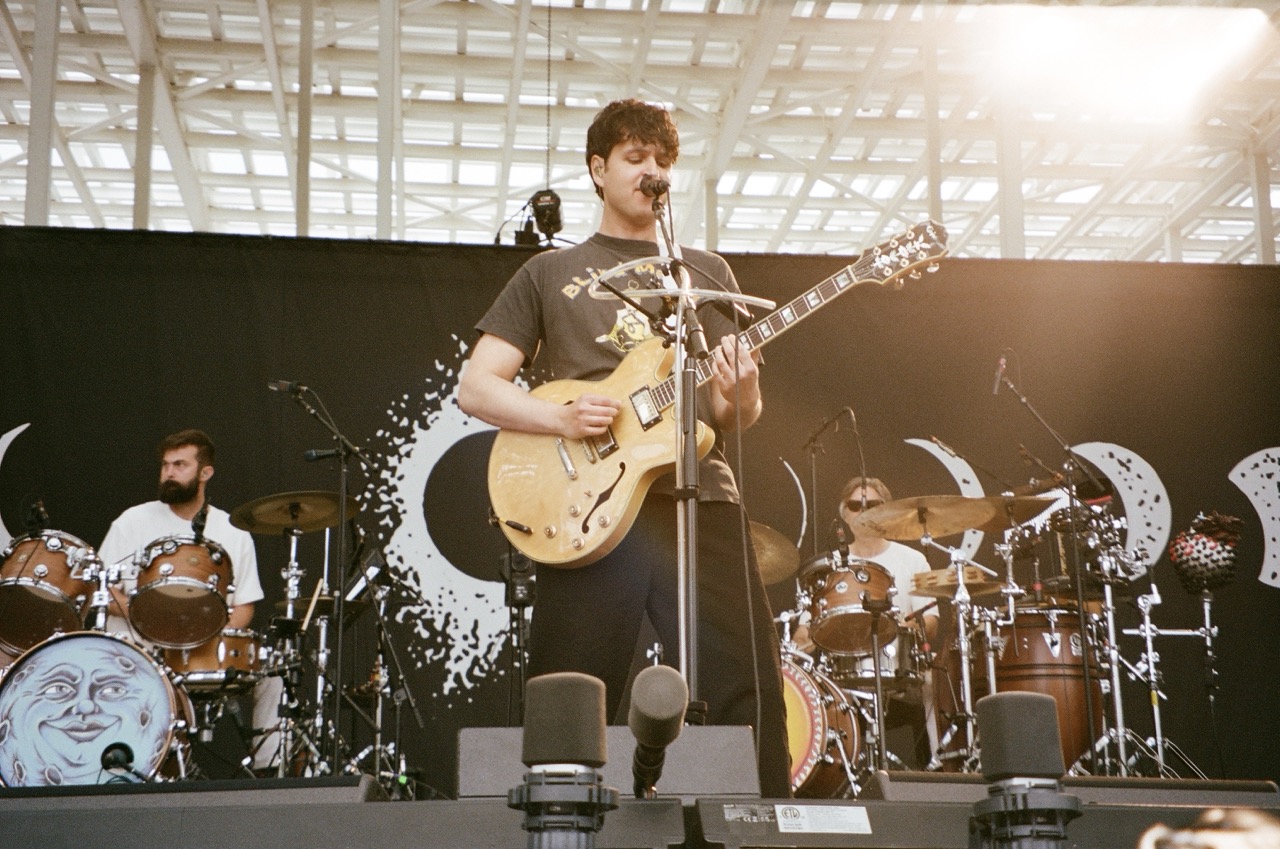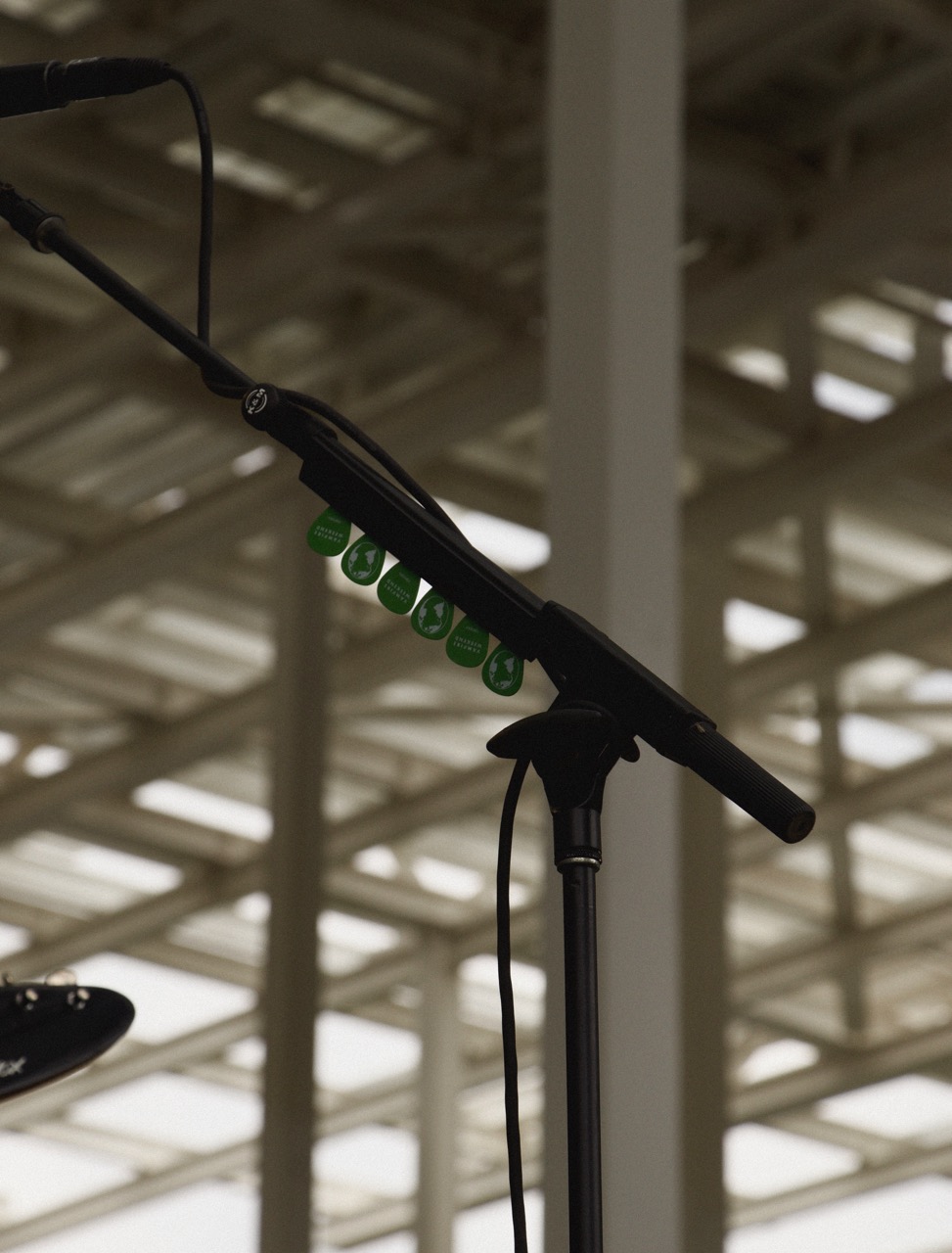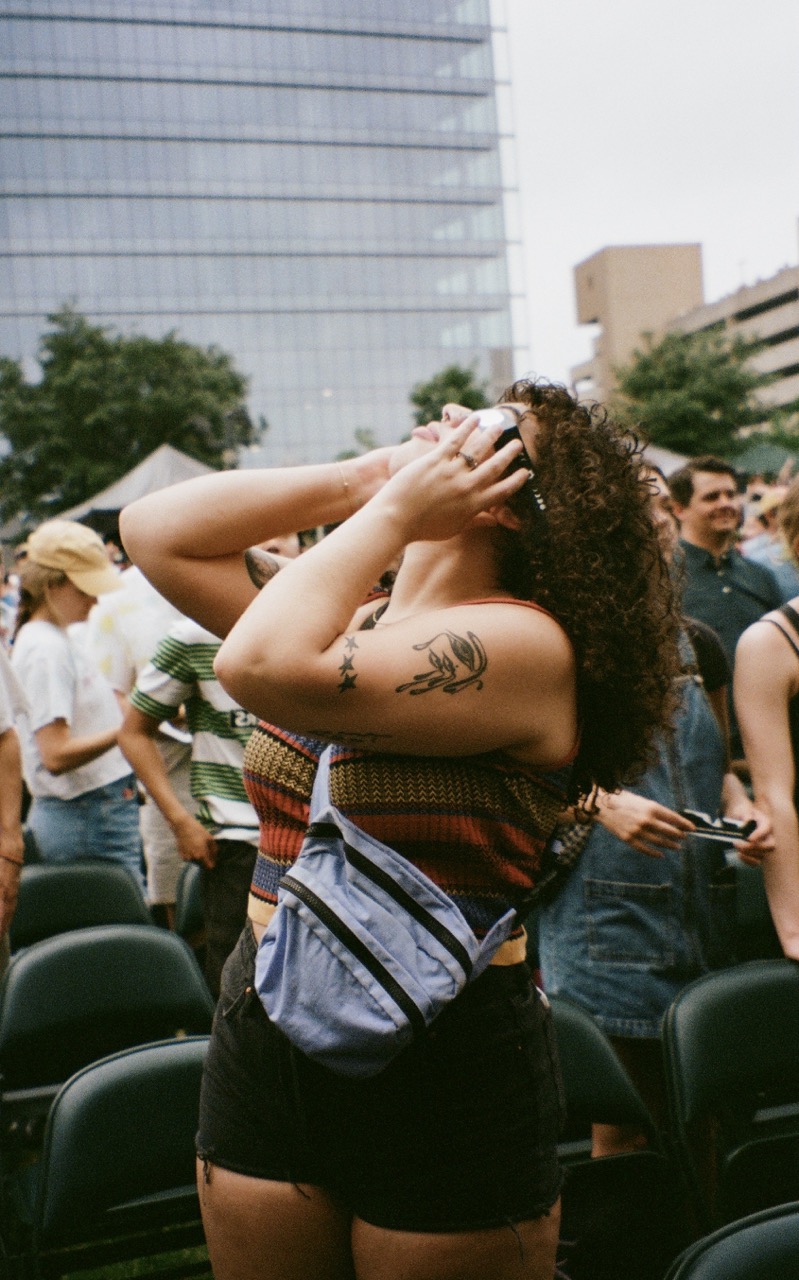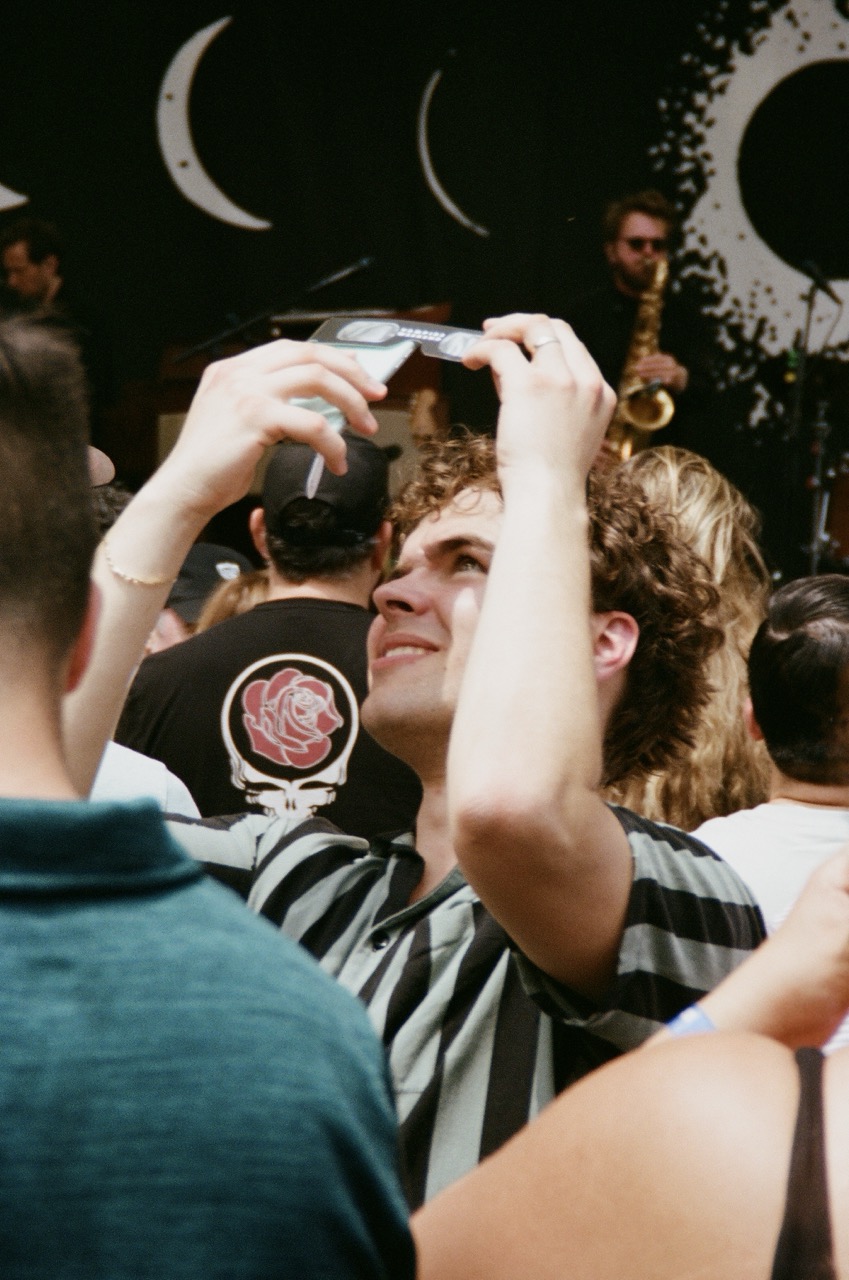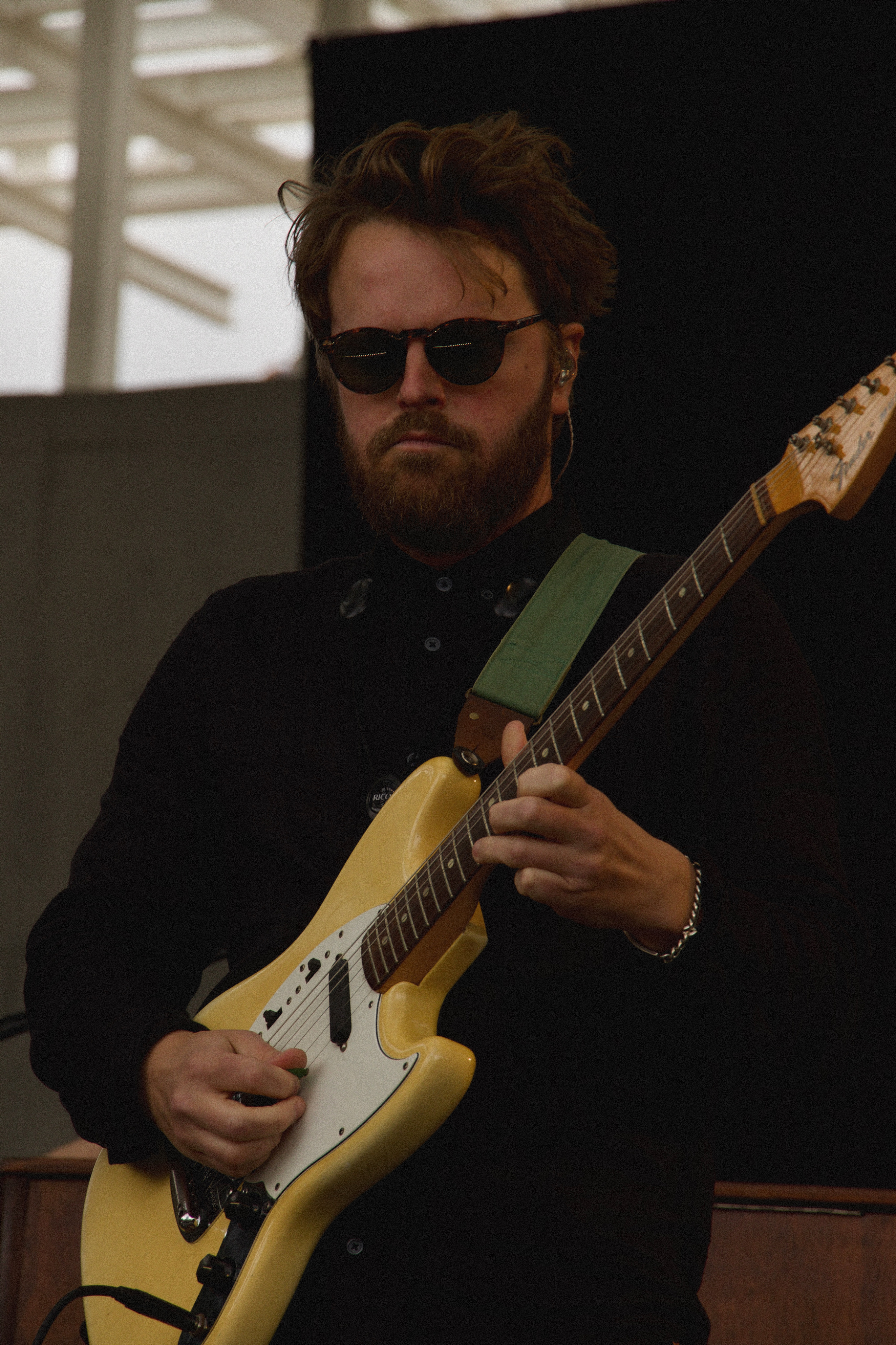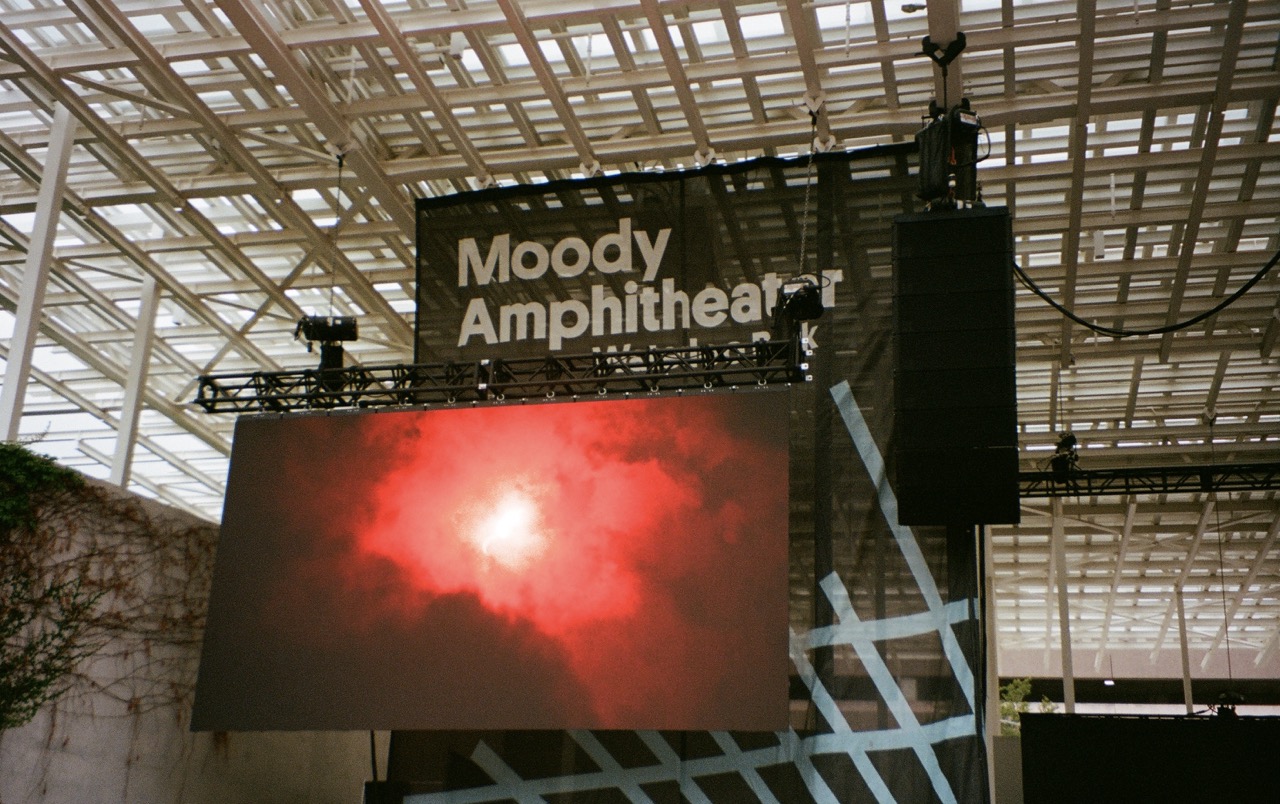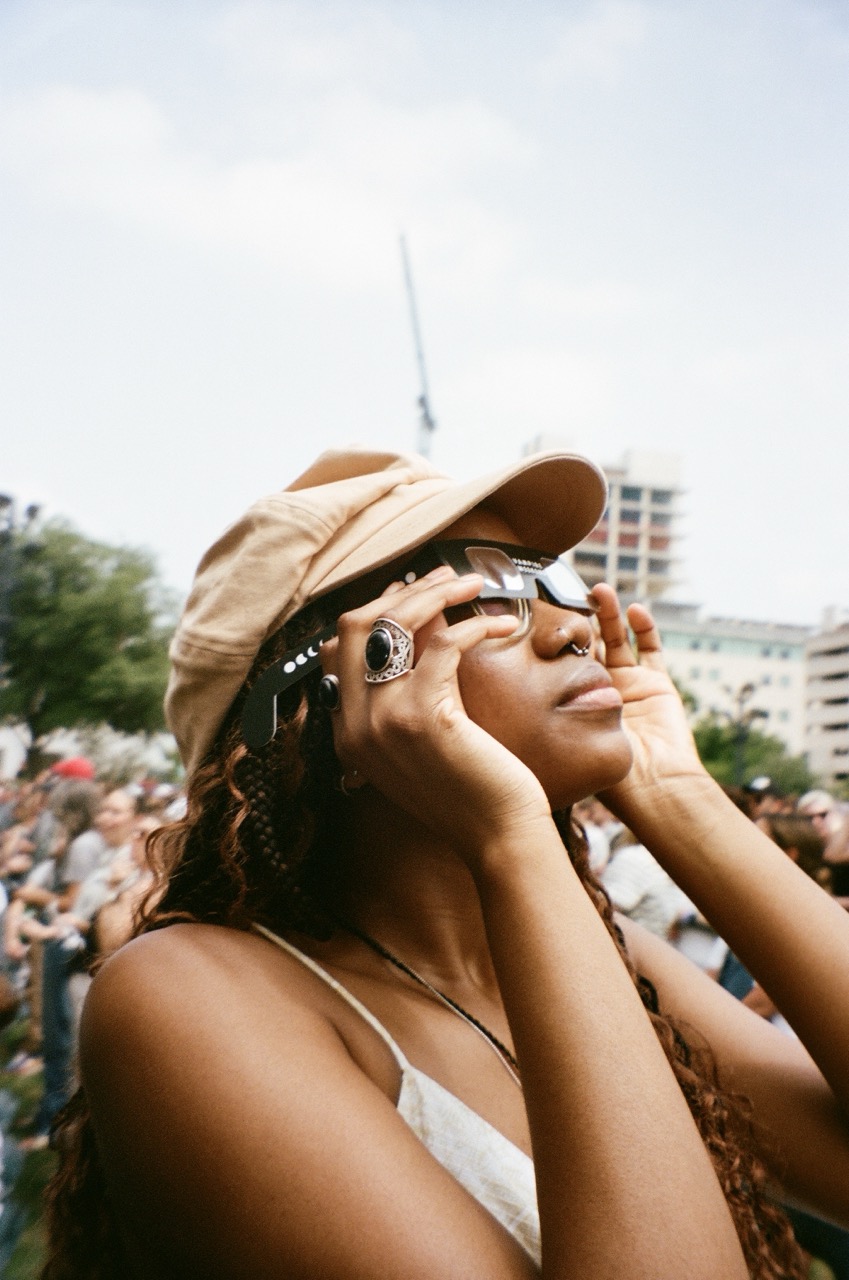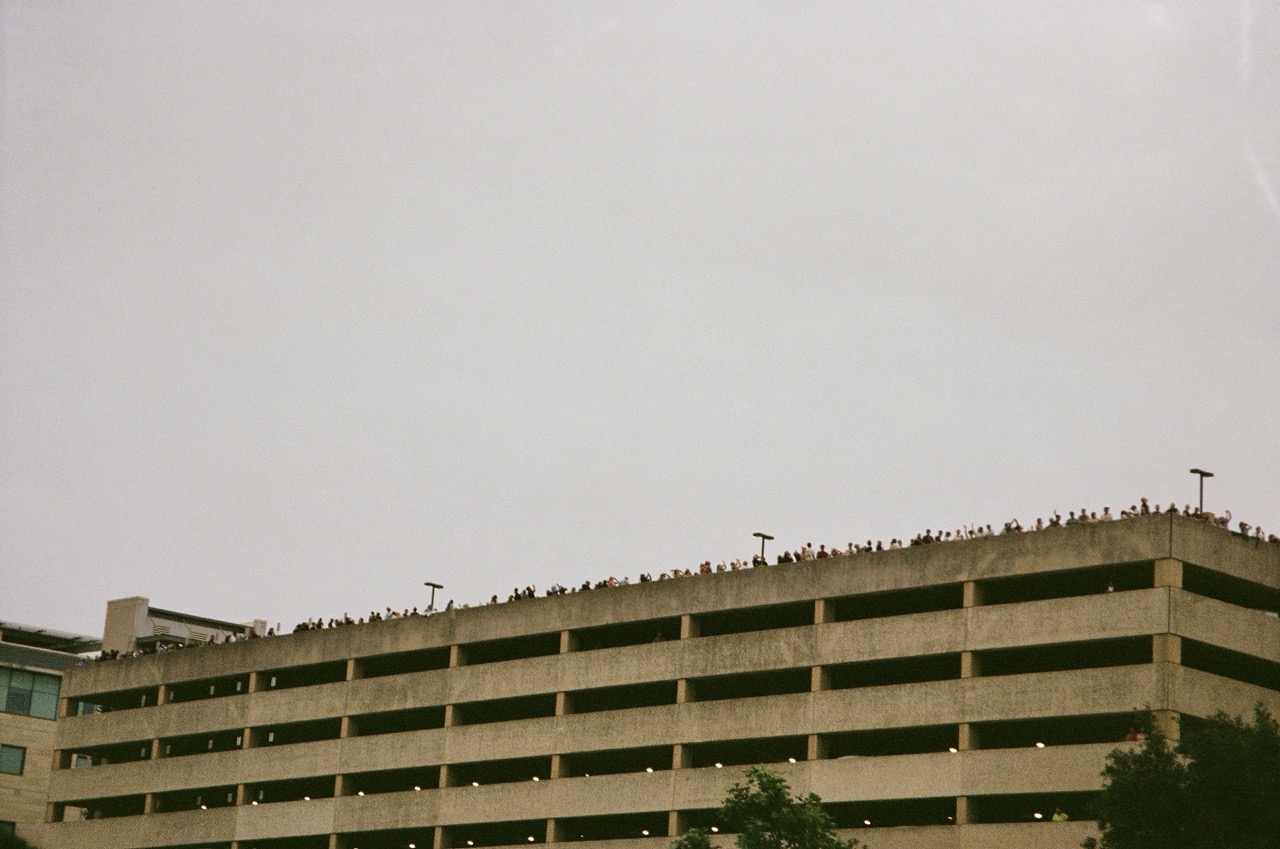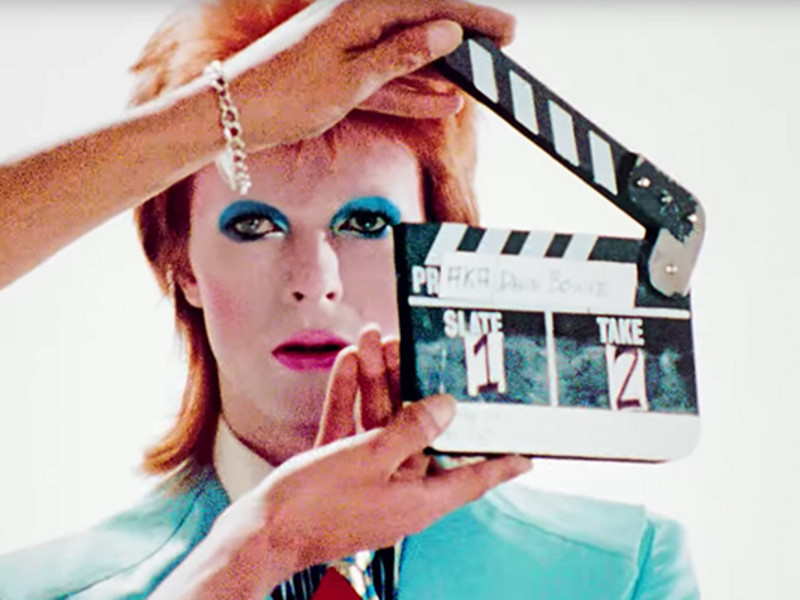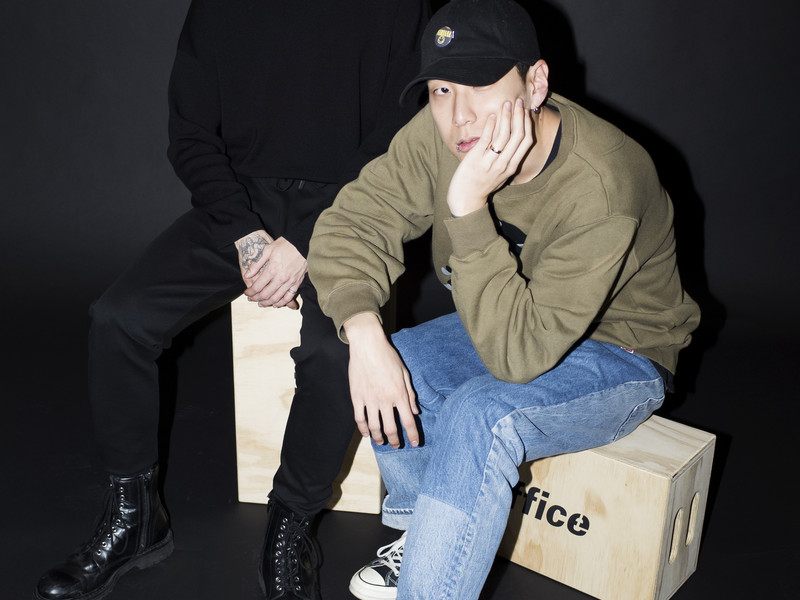Lava La Rue Shapeshifts
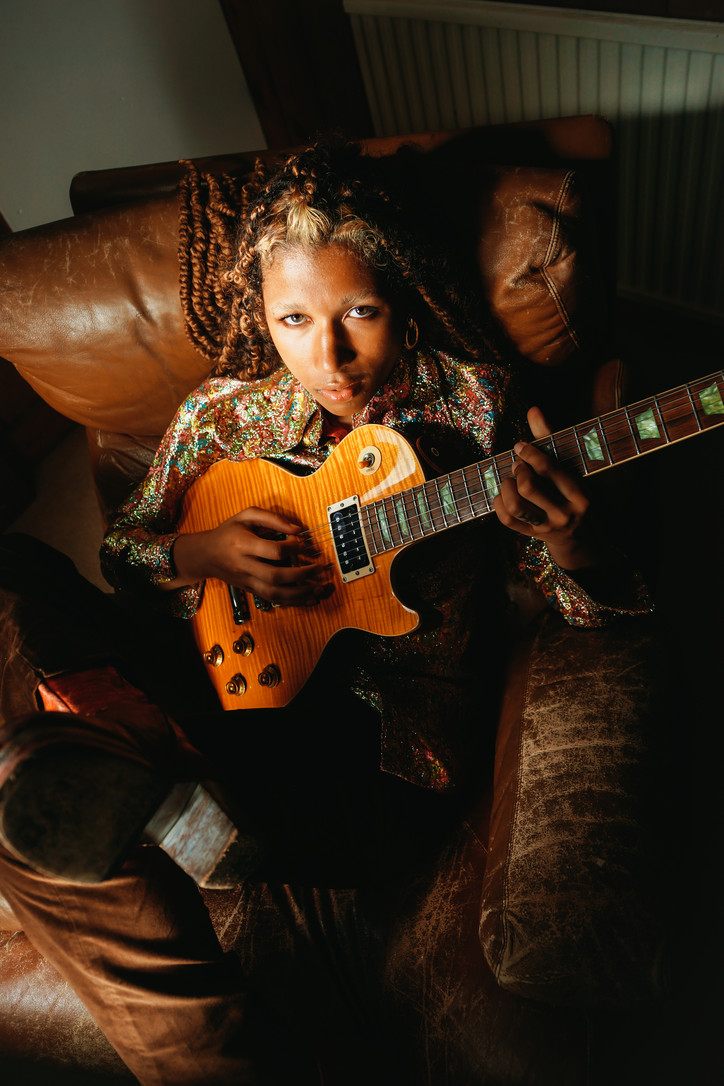
This project marked a shift in their sound, embracing London music culture, they began to experiment with sound and genre. Drawing on the city’s legacy of punk rock, dancehall, drum & bass, and dub–with a legendary Congo Natty feature on the 2021 single “Magpie”–they opened a gateway to niche subcultures for their keen-eared listeners. Congruently working in textiles and fashion, with a recent Lazy Oaf collaboration, they began to practice their artistic expressions as world-building, inviting their fans to feel a true sense of belonging. By embracing multiplicity–in sound, expression, and identity– they affirm any one person who doesn’t neatly slot into any one thing.
The last time I met them was through the tinny speakers of a Google Meet video call. While visiting L.A., their second love and site of the love affair explored in their newest EP, we talked belonging, musical influence, and, of course, their new EP Hi-Fidelity.
On Hi-Fidelity, Lava conjures all aspects of themself through the lens of an off-again-on-again relationship– the coy lover, the scorned, the wistful. Like the magmatic mass they’ve named themself after, you never know what shape they’ll take, but, rest assured, they’ll bring the heat.
Check out our interview with the shapeshifter below.
Hi-Fidelity feels both vulnerable and assertive, how have you had to practice both in your life and music?
Honestly, I’m not intentionally vulnerable or assertive in my music. I’m just very transparent about how I feel in that moment when I’m writing the song. Mostly because I totally forget that this music is going out into the world. Or even more so - I don’t even know if the particular song will be heard by the world, like the cuts on Hi-Fidelity were out of a selection of 20 demos. So when I get into the studio, I’m making the music first and foremost for me - so that assertiveness but vulnerability comes from the same place as when you’re talking to yourself. Then by the time I put it out into the world, I’m kind of detached from how personal the song is because I’m listening to the 100th mix of it, or whatever.
Sonically, Hi-Fidelity seems to recall and add nuance to your debut project Letra, can you walk me through your musical progression?
I think the first two songs reference some of the 2000s neo-soul influences that I also listened to when I made my debut, Letra. People think the whole project aesthetic is straight-up 70s. But actually, the first half is inspired by the funk revival that happened in the early 2000s, like OutKast, Macy Gray, The Neptunes, etc. That was also what I was listening to in my Letra era, but this time around, it has a lil bit more of a budget.
Speaking of budget, your music videos are also insane, like “Vest and Boxers.” What was that project like?
Yeah, the music video was directed by the studio Bedroom Projects. They’re are amazing. They do like mostly music videos and have done really cool videos like The 1975 and just loads of eyes on them as well. And they're really sweet. They're like two boys and I’ve literally known them since they were like 15 or 16. I kind of came up with the concept and made this really intense virtual sketchbook of scene-by-scene capturing the vibe that I wanted with the concept of basically going on multiple speed dates with different women. But for each person, I become a different version of myself to kind of cater to what I think they want, which I feel like a lot of people are guilty of, but then there's kind of a plot twist at the end they’re all part of this crazy cult or whatever. But yeah, it was, it was just supposed to be a really fun video. And the whole song was a bit of a shift towards where I'm planning to take the music in the future.
I feel like you have this identity as such a ‘Gen Z’ musician in all the experimentation that you do. Where do you want to take the sound now?
It's interesting that you say that is a Gen Z thing, because I think I do realize that we are a generation where you'll be like, listening to an emo remix of a drill song, and then it’s like Fleetwood Mac. I feel like as a generation we want to listen to hardcore, dance music, or some sort of trippy techno, just queer music. Right now? I want to listen to heavy metal right now. We're seeing more of a cultural mashup between different genres. I literally remember hearing one tape that was a UK hip-hop drill, remix, of Paramore and that was crazy to me. That those two worlds even come together. For me and my heritage I think growing up with a lot of people in the block that I lived in, we were listening to like UK garage, UK hip-hop, and people bullied the fuck out of me for listening to Paramore. So the fact that now these kids are actually combining those two sounds together it’s crazy to me. So yeah, I’m just chasing areas where I can have some of those cultural fusions. Sonically, where I want to take it would maybe more in like a psychedelic rock or indie pop fusion with like, my West London heritage.
When did you start making music, and what did it sound like?
Yeah, it's something I've always done. But I've taken more seriously. Before I was doing Lava, I was playing in different bands since I was literally 12. And and then the love-y Hip Hop thing just came really easily to me. I was like, this is cool. That's cool. I can make a career out of this. But now I'm thinking about, you know, the concepts of where I want to take the music and where I would want an album to sound like and I'm like, I want to go back to what I was doing when I was younger and seeing how far I can take that. How does your music speak to a younger version of you, and to young queer people in general? I think in that stage of my life I was this kind of little gay emo kid, like a little gay indie kid, but, there weren’t any bands where members of the band looked like me. All the bands were predominantly straight white kids. There were a few indie bands where there was a queer vibe, but it was just still, like, super underrepresented at that time. So I think that being able to create an alternative to pop indie or pop music or whatever and represent that as someone who's Caribbean is crazy. There were no indie, gay Caribbean bands that even sounds weird saying it, which shouldn’t be the case. I mean, statistically, like, that just didn't exist. But I know so many kids in London who do come from Caribbean heritage and do listen to the kind of music I listen to and we don't know what an icon in that field looks like who comes from our heritage. If I can help facilitate that, that doesn't necessarily mean I will be the like, Ambassador for that, it would be cool if I could be, but to even just open that window and open that conversation would be like enough for my 15-year-old self to feel seen, basically.
Your music explores uniquely queer relationship dynamics. Can you tell me a bit about the on-again-off-again dynamic explored in Hi-Fidelity?
You know I only noticed this when I listened to my whole EP in full and realized it goes from “Cry Baby,” which is a whole song dedicated to being totally in love and really happy with a non-toxic relationship, straight into “Don’t Come Back,” which is a total break up song about leaving a toxic relationship. They’re about two completely different situations and people, but it does give an On-Off effect. It wasn’t on purpose, but I guess both are lyrically showing me making the shift from being really out of love to really in love…but in reverse.
